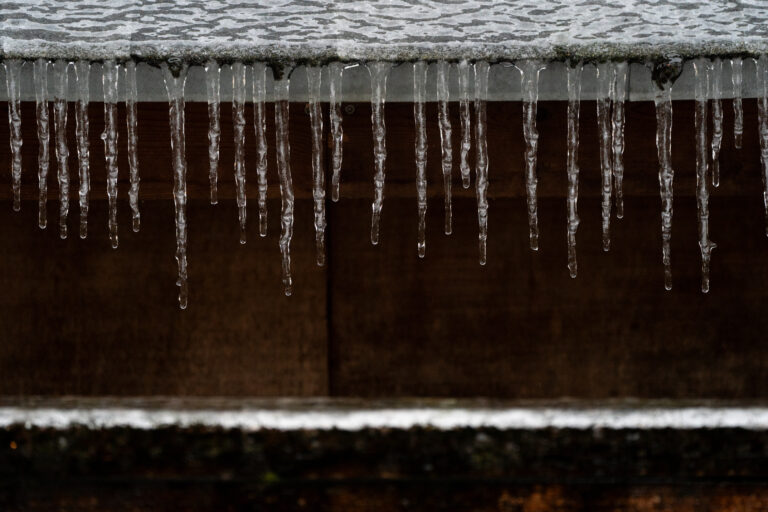At least once a week, employees of West Linn restaurant Sushi Kuni travel to Seattle to buy fresh imported fish and seafood. Owner Agatha Chan said she risked a drive north through a winter storm to pick up this week's order.
“Since we have already paid for the order, we cannot stop the shipment from Japan,” she said. “It's quite dangerous, but even though we paid an intermediary for customs clearance, the fish was just abandoned at the airport, so we had no choice but to take it back.”
However, the slippery roads make it nearly impossible for Chan's 15 or so employees to come to work, and without them, the restaurant cannot operate. Most of the fish end up being discarded.
For Chan, who started the restaurant in July 2022, having the restaurant closed for a week is a “significant financial burden.”
“I’m having a really hard time right now,” she said. “I had zero income last week, so how am I going to pay my bills, my rent, and my employees?”
Thousands of businesses lost revenue after a week of snow and ice, and thousands more lost revenue as power outages forced them to close and damaged inventory. (Additionally, many stores suffered storm damage such as burst pipes.) Like grocery stores, customers who still need meals stock up before the storm and then restock their pantries afterward, so they make a profit. Some stores may see little impact.
Other businesses, like Chan's restaurant, will be lucky to recover at all after the storm, much less make up for lost sales from a week of closures.
Todd Ruberg, senior partner and retail and consumer goods analyst at Lake Oswego-based consulting firm Sympactful, says businesses that tend to be hit hardest during severe winter weather include restaurants and non-profit businesses such as: It said it is a small business that sells essential consumer goods. Apparel and other gifts.
“Restaurants are in the worst situation because eating out usually doesn't increase when things get back to normal,” Ruberg said. “That means sales lost during the event period tend to be completely lost. You don't recover any of it.”
Similarly, small apparel shops rely on steady foot traffic for sales, but lack the resources and labor of larger retailers during inclement weather, he said.
“The ones that will be hit the most are small businesses. You know, they pay their employees an hourly wage,” he said.
And Luberg said January and February are typically slow months for many companies. He said if the economy weakens in January, some retailers may have to cut prices early to clear inventory.
That's what Sadie Sifuentes, the owner of Quad's Garden flower shop in Fairview, is facing now. Her store has been closed since last Saturday, and last night she put all of her stock of fresh produce, such as cut flowers, up for sale, hoping to capture some of the sales, but her other pre-ordered stock has gotten in the way. It's also to give away.
Cifuentes said she had to cancel all flower delivery orders because of the road conditions, and events she was scheduled to deliver flowers to were also canceled. She said she lost a lot of money ordering flowers for a funeral that has been postponed to next week. I had to throw away the flowers and will have to reorder next week.
“The income from the store pays my bills, my parents' house, and the store,” Sifuentes said. “Due to COVID-19, we have restructured our business and learned different ways to generate income, but with snow and ice like this, everything is hampered.”
Cifuentes said she is preparing to decorate her store for Valentine's Day, but now she's worried that another winter weather event like last year will come in February. .
“If this had happened during Valentine's week, we would have lost a lot more numbers. Because how much do roses cost at wholesale prices these days, and how much do we need to stock and sell?” “Think about it,” she said. “We don't know what the weather will be like anymore.”
– Kristin De Leon; kdeleon@oregonian.com


